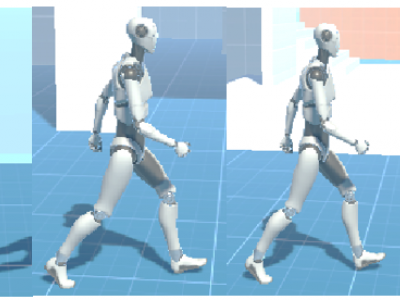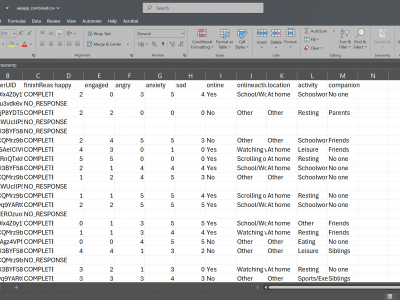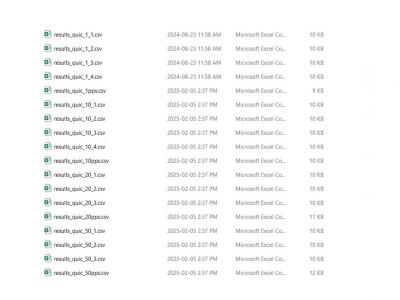*.csv

Legal analysis utilizing natural language processing and machine learning technologies is a difficult undertaking that has recently sparked the interest of many academics and industries. Using a human-annotated dataset summarized into colloquial Thai from Supreme Court decisions, this work investigates a different combination of NLP, ML, and rule-based techniques for accurate legal case analysis as per Thai law, especially property-related offences, with the intuition to imitate the lawyer's cognitive process.
- Categories:
 21 Views
21 Views
We curated and release a real-world medical clinical dataset, namely MedCD, in the context of building generative artificial intelligence (AI) applications in the clinical setting. The MedCD dataset is one of the accomplishments from our longitudinal applied AI research and deployment in a tertiary care hospital in China. First, the dataset is real and comprehensive, in that it was sourced from real-world electronic health records (EHRs), clinical notes, lab examination reports and more.
- Categories:
 242 Views
242 Views
Race track dataset for a mobile fun racer. Used for the evaluation of a not yet published journal paper. Specific reference will be added here once the paper has been accepted and published.
- Categories:
 38 Views
38 Views
In this study, we analyzed the data on MLB pitchers data, using datasets derived from Statcast. Introduced in 2015, Statcast is an advanced tracking technology capable of capturing detailed information on pitch tracking, bat tracking, etc. in every MLB game. Currently, all 30 MLB ballparks are equipped with Statcast systems, and since the introduction of the Hawk-Eye technology in 2020, this system has achieved an impressive tracking rate of 99\% for batted balls.
- Categories:
 48 Views
48 ViewsThis dataset from the Ateneo Experience Sampling App (AESapp) contains 618 records assessing student emotional states (happiness, engagement, anger, anxiety, sadness) and contextual factors (online status, online activity, location, activity, companionship). Of these, 454 responses are complete. Each entry includes a timestamp, user ID, and response status. The dataset enables analysis of within-person and between-person variations in well-being, examining how situational factors influence emotions over time.
- Categories:
 126 Views
126 ViewsThis dataset contains results and scripts from experiments evaluating the resilience of the QUIC protocol against handshake flooding attacks. It aims to support researchers and developers in analyzing the performance of QUIC against handshake flooding attacks. The experiments utilize three prominent QUIC implementations: aioquic, quic-go, and picoquic, providing a comprehensive comparison of their resilience. Additionally, to benchmark the performance and resilience of QUIC, SYN flood attacks were conducted against TCP with SYN cookies.
- Categories:
 199 Views
199 ViewsGait Event Detection (GED) plays a pivotal role in understanding human locomotion, with applications spanning rehabilitation, prosthesis design, sports science, and biomechanics. Accurate identification of key gait events—such as Heel Strike (HS), Loading Response (LS), Mid-Stance (MS), and Heel Off (HO)—during the stance phase of the gait cycle is essential for analyzing movement patterns, diagnosing gait abnormalities, and developing assistive technologies.
- Categories:
 187 Views
187 Views
The Explainable Sentiment Analysis Dataset provides annotated sentiment classification data for Amazon Reviews and IMDB Movie Reviews, facilitating the evaluation of sentiment analysis models with a focus on explainability. It includes ground-truth sentiment labels, model-generated predictions, and fine-grained classification results obtained from various large language models (LLMs), including both proprietary (GPT-4o/GPT-4o-mini) and open-source models (DeepSeek-R1 full and distilled models).
- Categories:
 182 Views
182 Views
The Software Engineering Skillset Dataset focuses on three critical areas: Soft Skills, Life Skills, and Technical Skills. These components are essential for assessing and predicting the software engineering competencies of computer science students. Data for the dataset was collected through a carefully designed questionnaire, targeting students enrolled in software engineering courses at higher educational institutions across Kerala, India. Over two thousand students participated in the survey, which used a dedicated assessment quiz with fifteen questions to evaluate each skill category.
- Categories:
 75 Views
75 Views


